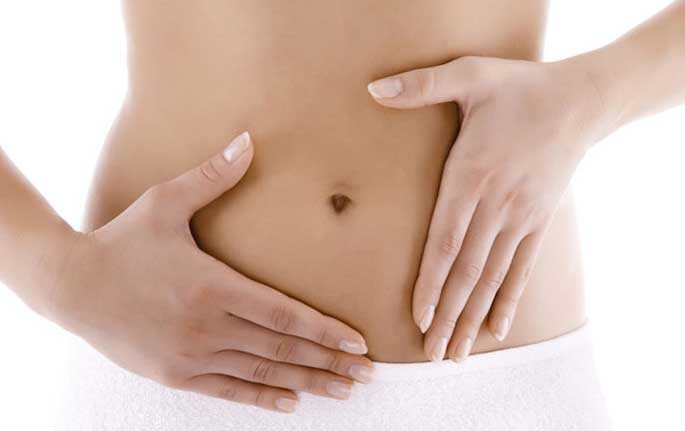We each have a unique ‘gut microbiome’, each colonised by approximately 160 bacterial species. The microbiome is constantly changing in response to the environment we live in, everyday stress, the medications we take, the exercise we do and the food that we eat.
Some species of bacteria produce good compounds called short chain fatty acids (SCFA) like butyrate and acetate. These compounds reduce inflammation; improve the absorption of nutrients from food; boost our immunity; regulate our mood; protect against cancers in the bowel. When there is less good bacteria in our gut, some of the bad bacteria can start to take over and feed on the mucous lining of our gut wall, which may in turn lead to inflammation in our body. Inflammation in the gut can lead to a number of diseases and physical health conditions such as poor immunity, asthma and allergies, obesity, diabetes, heart disease and irritable bowel syndrome.
So what bacteria are important? Most gut microbial species belong to four major types: Firmicutes, Actinobacteria, Proteobacteria and Bacteroidetes. Changes in the ratio of Firmicutes and Bacteroidetes correlates with obesity. A high-fat diet promotes an increase of Firmicutes and relative reduction of Bacteroidete.
So what foods are important for improving the gut health?
- Probiotics: Probiotics are live bacteria that are naturally found in our gut and in some of our food. They improve our health by reducing the number of harmful bacteria that may survive in our gut. These include:• Yoghurt with live cultures – look for 1 billion probiotics per serve 1 x 109 CFU (Colony Forming Units – the number of viable bacteria in sample serve)
- Kefir (fermented milk or water-based drink) – usually has 30 beneficial strains of good bacteria
- Kombucha (fermented black or green tea drink)
- Fresh kimchi (Korean fermented vegetables)
- Fresh sauerkraut (fermented cabbage)
- Prebiotics: Prebiotics are ‘non‐living’ food ingredients that reach the large intestine unaffected by digestion, and ‘feed’ the good bacteria in our gut helping them to grow and flourish. They are mostly soluble fibres and resistant starches that act as fuel for our good bacteria in the large intestine or colon. Some foods that are naturally high in prebiotics include:
- Vegetables – Chicory (endive or witlof), cabbage, leek, asparagus, garlic, onion
- Fruit – Apples, pears, watermelon, nectarines, dried fruit (e.g. dates, figs)
- Wholegrains – Barley, rye, wheat, oats, lupin
- Legumes – Chickpeas, lentils, red kidney beans, baked beans, soybeans
- Nuts – walnuts, almonds, hazelnuts
- Resistant Starch: Foods high in resistant starch are particularly beneficial prebiotics. They selectively feed our good gut bacteria, producing SCFA’s (e.g. butyrate), which not only encourage the growth of butyrate-producing bacteria, but give them energy, reduce inflammation and keep our colon healthy. Resistant starch foods ‘resist’ digestion in the stomach and small intestine and make it through to the large intestine intact. Foods high in resistant starch include:
- Cooked and cooled and reheated potatoes, pasta and rice e.g. potato salad, sushi rice and cold pasta
- Green bananas
- Uncooked oats
- Legumes – lentils, beans, chickpeas
- Green banana flour, Hi-Maize flour, potato starch
- BarleyMax – a CSIRO developed non-GMO grain
- Increase in fibre: Australian guidelines recommend we aim for 25-30g of fibre each day, but most of us fall short – consuming an average of 15g per day. On the other hand, African tribes reach a massive 50-100g fibre per day. Go slow with any increase in fibre to avoid bloating, gas, discomfort, diarrhoea or constipation.
- General aspects: The other aspects that help with good GUT health include good general advice.
- Regular exercise
- Adequate sleep
- Plenty of water
- And of course, a healthy diet

